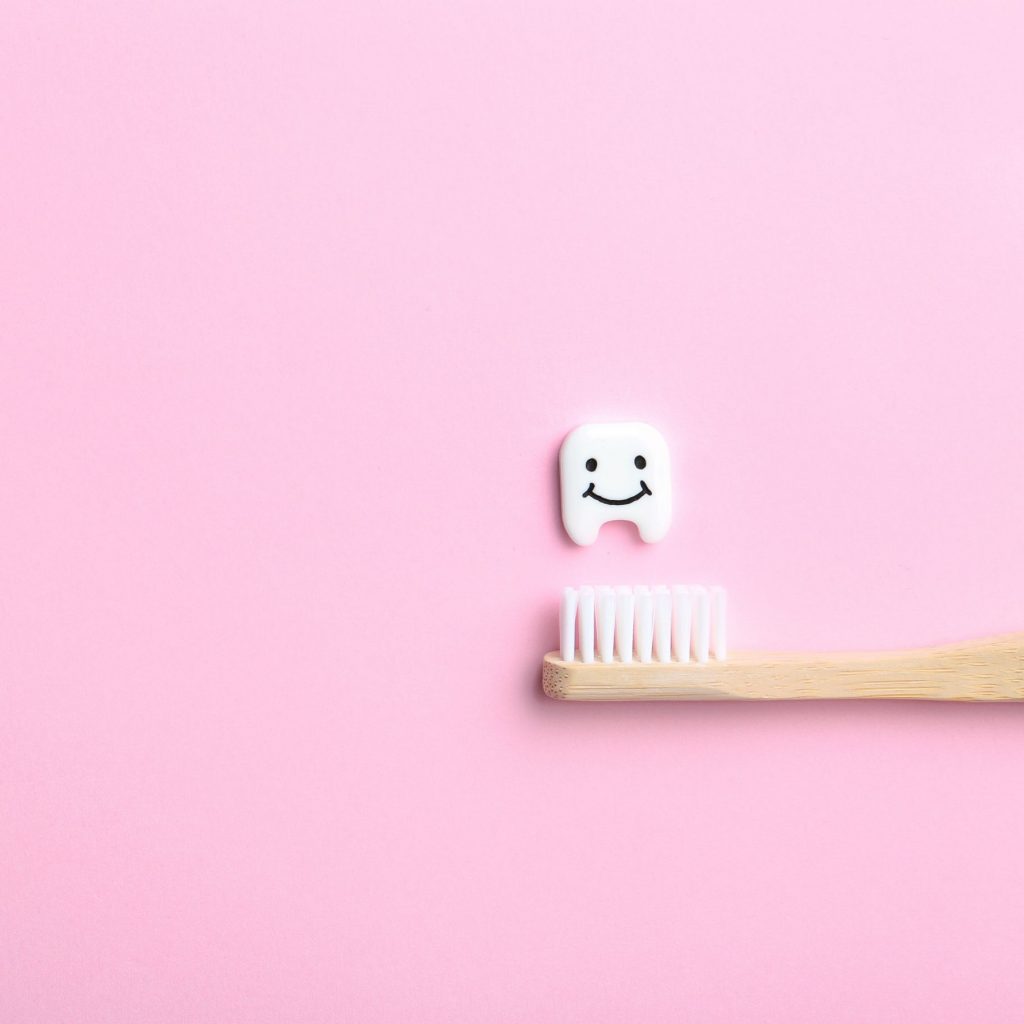Young Athletes Should Avoid Sports Drinks for the Sake of Their Teeth
April 25, 2019

Sports drinks are widely popular, and used by people of all ages. But, children and teenagers are particularly fond of sports drinks. In fact, studies have shown that these “thirst quenchers” are consumed by 62% of adolescents every day. But sports drinks can be awful for teeth and can give cavities the fuel they need to thrive. Below, we outline why sports drinks are terrible for teeth.
Packed with Sugar
Did you know that sports drinks can contain more sugar than leading cola beverages, with as much as 19 grams of sugar per serving? All of that sugar does considerable damage to tooth enamel and can lead to cavities and other oral issues. Sugar helps provide bad oral bacteria with the fuel it needs to create cavities. Some of the leading sports drinks can contain up to 21 grams of sugar per 20 Oz bottle – which is just over half of the amount sugar that your body needs on a daily basis, according to the American Heart Association.
High Amount of Acid
A 2012 study showed that sports drinks are often highly acidic. This acid interferes with the mouth’s ability to regulate a healthy pH balance, and can lead to the enamel erosion. Tooth enamel is literally the hardest substance in the human body, but it’s no match for a steady stream of acid.
Sodium Overload
Some sports drinks contain up to 200 milligrams of sodium per serving. Keep in mind that a serving is usually 8 ounces, which means that a large bottle (20 – 32 Oz.) of the leading sports drink can have more sodium than a bag of potato chips. The sodium actually plays a hydration trick on your body, and makes you want to drink more water – thereby quenching your thirst and hydrating your body.
Try Water Instead
If your child is participating in an intense game with constant movement and an elevated heart rate, a small serving of sports drinks may be okay on occasion. But, most youth sports don’t involve that level of activity, and water is almost always the better choice.
Water – especially water with fluoride – helps strengthen and clean teeth. With every sip, water cleans teeth by ridding them of any leftover foods or acids. It also washes away bacteria and sugars that can eventually lead to cavities. Water has zero calories, and helps restore the pH balance in your mouth to fight unhealthy levels of acid. But, water also hydrates the body as athletes sweat.
While there is no exact measurement, the American Council on Exercise recommends that people consume 7 – 10 ounces of water every 10 – 20 minutes of exercise, depending upon how much the individual sweats.




